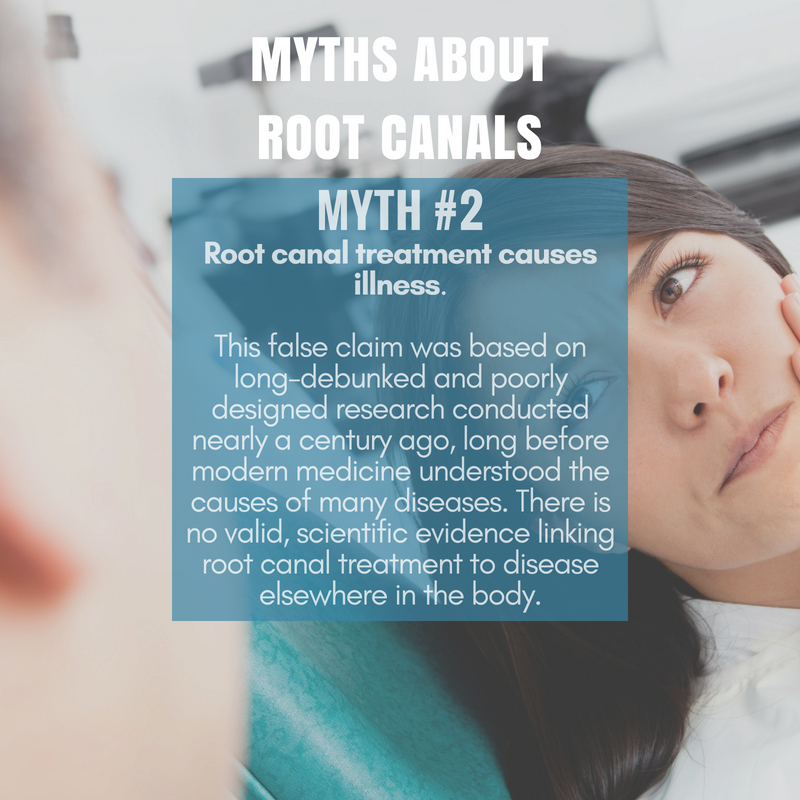Introduction
Oral health is not just about having a bright smile and fresh breath. It plays a crucial role in our overall wellness. Research has shown that there is a strong connection between oral health and various systemic diseases. Maintaining good oral hygiene and seeking regular dental care can have a positive impact on our overall health. In this article, we will explore the link between oral health and overall wellness.
1. Oral Health and Heart Disease
Studies have found that poor oral health, especially gum disease, is associated with an increased risk of heart disease. The bacteria present in gum disease can enter the bloodstream and cause inflammation in the blood vessels, leading to cardiovascular problems.
2. Oral Health and Diabetes

Diabetes and gum disease have a two-way relationship. People with diabetes are more prone to gum disease, and gum disease can make it difficult to control blood sugar levels. Maintaining good oral hygiene is crucial for individuals with diabetes to manage their condition effectively.
3. Oral Health and Respiratory Infections
Poor oral health can contribute to respiratory infections such as pneumonia. The bacteria present in the mouth can be inhaled into the lungs, causing infections. Regular brushing, flossing, and dental check-ups can help prevent these infections.
4. Oral Health and Pregnancy
Pregnant women with gum disease are at a higher risk of premature birth and low birth weight. Hormonal changes during pregnancy can make gums more susceptible to inflammation and infection. Maintaining good oral hygiene during pregnancy is essential for the health of both the mother and the baby.
5. Oral Health and Alzheimer’s Disease
Research suggests that there may be a link between poor oral health and an increased risk of developing Alzheimer’s disease. The bacteria associated with gum disease can travel to the brain, triggering inflammation and potentially contributing to the development of Alzheimer’s.
6. Oral Health and Digestive Disorders
Problems with oral health, such as tooth decay and gum disease, can affect our ability to chew and digest food properly. This can lead to digestive disorders and nutrient deficiencies.
Summary
Good oral health is not just about having a bright smile and fresh breath. It goes beyond that and plays a crucial role in maintaining overall wellness. Research has shown that poor oral health can contribute to various systemic diseases, including cardiovascular disease, diabetes, respiratory infections, and even certain types of cancer. The mouth is home to millions of bacteria, and when proper oral hygiene practices are not followed, these bacteria can cause infections and inflammation, which can then spread to other parts of the body.
Furthermore, gum disease, also known as periodontal disease, has been linked to an increased risk of developing chronic conditions such as heart disease and diabetes. The inflammation caused by gum disease can lead to the release of harmful bacteria and toxins into the bloodstream, triggering systemic inflammation and potentially affecting other organs and tissues.
On the other hand, maintaining good oral health can have numerous benefits for overall wellness. Regular brushing, flossing, and dental check-ups can help prevent oral diseases and reduce the risk of developing systemic health issues. Additionally, a healthy mouth allows for proper nutrition, as chewing and swallowing food become easier and more efficient.
In conclusion, taking care of your oral health is not just about having a beautiful smile. It is an essential part of maintaining overall wellness. By practicing good oral hygiene habits and seeking regular dental care, you can reduce the risk of developing systemic diseases and improve your view overall quality of life.
- Q: How does oral health affect overall wellness?
- A: Oral health plays a crucial role in overall wellness. Poor oral health can contribute to various health issues such as heart disease, diabetes, respiratory infections, and pregnancy complications.
- Q: What are the common oral health problems?
- A: Common oral health problems include tooth decay, gum disease, bad breath, oral cancer, and tooth loss.
- Q: How can poor oral health affect the heart?
- A: Poor oral health can lead to gum disease, which is associated with an increased risk of heart disease and stroke. The bacteria from the infected gums can enter the bloodstream and cause inflammation in the blood vessels.
- Q: Can oral health problems affect diabetes?
- A: Yes, oral health problems can make it harder to control blood sugar levels in people with diabetes. Conversely, uncontrolled diabetes can lead to gum disease.
- Q: Is there a connection between oral health and respiratory infections?
- A: Yes, poor oral health can contribute to respiratory infections such as pneumonia. Bacteria from the mouth can be inhaled into the lungs, causing infections.
- Q: How does oral health affect pregnancy?
- A: Pregnant women with gum disease have a higher risk of premature birth and low birth weight. Hormonal changes during pregnancy can also affect oral health.
- Q: What can I do to maintain good oral health?
- A: To maintain good oral health, it is important to brush your teeth twice a day, floss daily, eat a balanced diet, limit sugary snacks and drinks, avoid tobacco products, and visit your dentist regularly for check-ups and cleanings.

Welcome to my website! My name is Tristan Wynter, and I am a passionate and dedicated dental hygienist with years of experience in the field of general dentistry, pediatric dental care, smile enhancements, and dental hygiene tips. I am thrilled to have the opportunity to share my knowledge and expertise with you through this platform.




